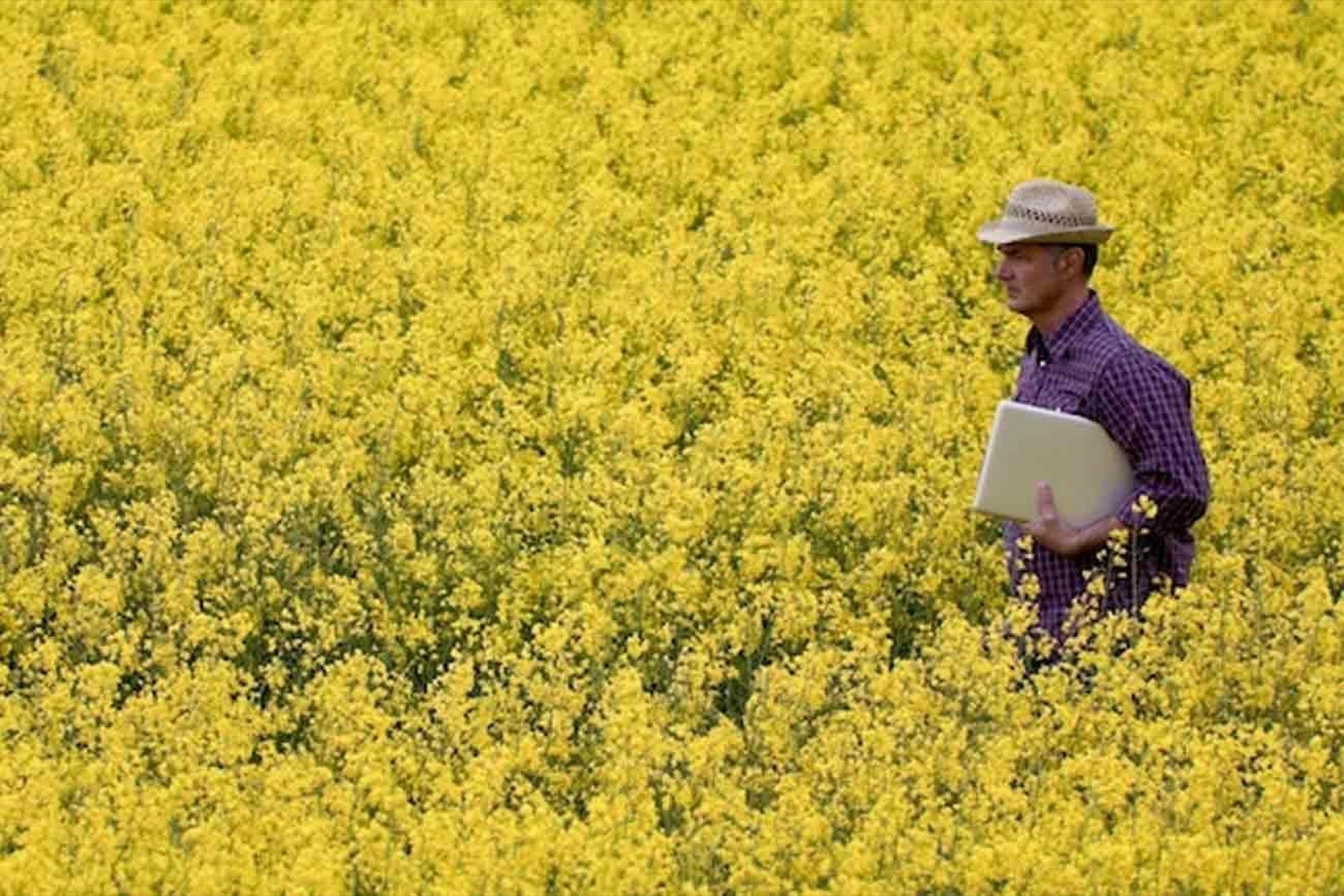How has Technology Sown the Seeds for Advancements in Agriculture Entrepreneurs are looking at solving grassroot level problems by introducing tech-based solutions to farmers
You're reading Entrepreneur India, an international franchise of Entrepreneur Media.

The Indian agriculture industry has long been the backbone of the Indian economy. Which has now become a non profitable affair for the small and marginalised farmers,giving rise to large scale despair, pain and agony. According to studies, 54.6% of the Indian population is engaged in agriculture and allied activities (census 2011) while the contribution to the country's Gross Value Added accounts to 17 per cent.
But amidst all of that, lie farmer cries over the rising challenges in the agriculture industry. While government promises tall claims, Indian startups are looking at solving one issue at a time.
We spoke to entrepreneurs about how technology has made an impact on the agriculture industry and the advancements that could bring about a positive change.
High Tech Advancements in Agriculture
Technology has taken over every sector and agriculture is not one to be left behind. Entrepreneurs are looking at solving grassroot level problems by introducing tech-based solutions to farmers. But how has technology changed the world of agriculture so far? Ananda Prakash Verma, founder and CEO, Fasal believes that there have been rapid advancements in agricultural technologies in late 20th century and at the beginning of the 21st century. "Sensors, satellite, drones in combination with IoT, data analytics and AI is completely changing the way farmers are making decision these days, we usually call it precision agriculture which is allowing farmers to make data driven decision rather than guesswork to optimize resource usage and prevent crop damage," he said.
One of the major challenges in the agriculture industry was in the selling of the produce which was riddled with the presence of middlemen, who didn't offer farmers the best price and often left them come back empty handed.
Helping farmers by building a marketplace where farmers can sell their produce directly to the consumer, removing the middleman is another advancement according to Verma. Farmers have started carrying mobile devices, which gives them access to data needed while on-the-go, including the ability to place orders for seed or fertilizer at any time or in any place, said Verma.
Thanks to digital platforms for farmers on market linkages for both inputs and output, there has been a lot of progress believes Sateesh Nukala, CEO & Co-Founder, BigHaat. "With the Agri inputs digital platforms, farmers are able to access to quality and right inputs, right practices and latest innovation & technology in the space, since input cost is one of the major cost in the farming. With the market linkage platforms on output, farmers are now getting connected to buyers directly empowering them to realize the best price for their produce," he said.
Artificial Intelligence to the Rescue
It is but obvious that a farmer's produce depends on the weather. Farmers have been using weather stations but Verma asserts that it helps only when you are an expert in understanding the data. "Today weather stations are becoming smart, thanks to sensor technology and IoT. Companies use data sourced from weather stations and other sources and make sense of this data by using analytics and AI," said Verma.
This helps farmers be aware of their fields 24x7 and also get alerts when they need to irrigate or when a pest or disease pressure is building in the field. Verma bets big on Artificial Intelligence. "AI can do much more than this. I can see the day when you can put the crop name you want to grow and it will tell you - when your crop will mature, what all the diseases and pests that will attack and when, how much yield you will get at the harvest time, what will be the commodity price when you harvest and how much profit or loss you will make," said Verma.
Agreeing with Verma, Nukala said that technical advisory based on the geographical location of the farm coupled with weather conditions, soil condition etc would help farmer to take right decision in right time. It will also help farming community to reduce overall input cost. "Given mobile and internet penetration, engaging the farmer is lot easier now than ever," he said.
Government Needs to Educate Farmers
Facilities are growing for farmers however the outreach is missing. Governments need to bridge the gap to implement the technology being produced by startups. Awareness and accessibility of new technologies and practices are important if we need to make farming more viable, believes Nukala. "Cost of technology and ease of using the technology as key for mass adaptation of any technology or innovation. Government intervention to promote AgriTech startups is a key step towards bringing in more inventions in agriculture space," he said.










